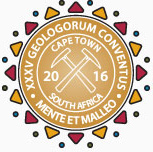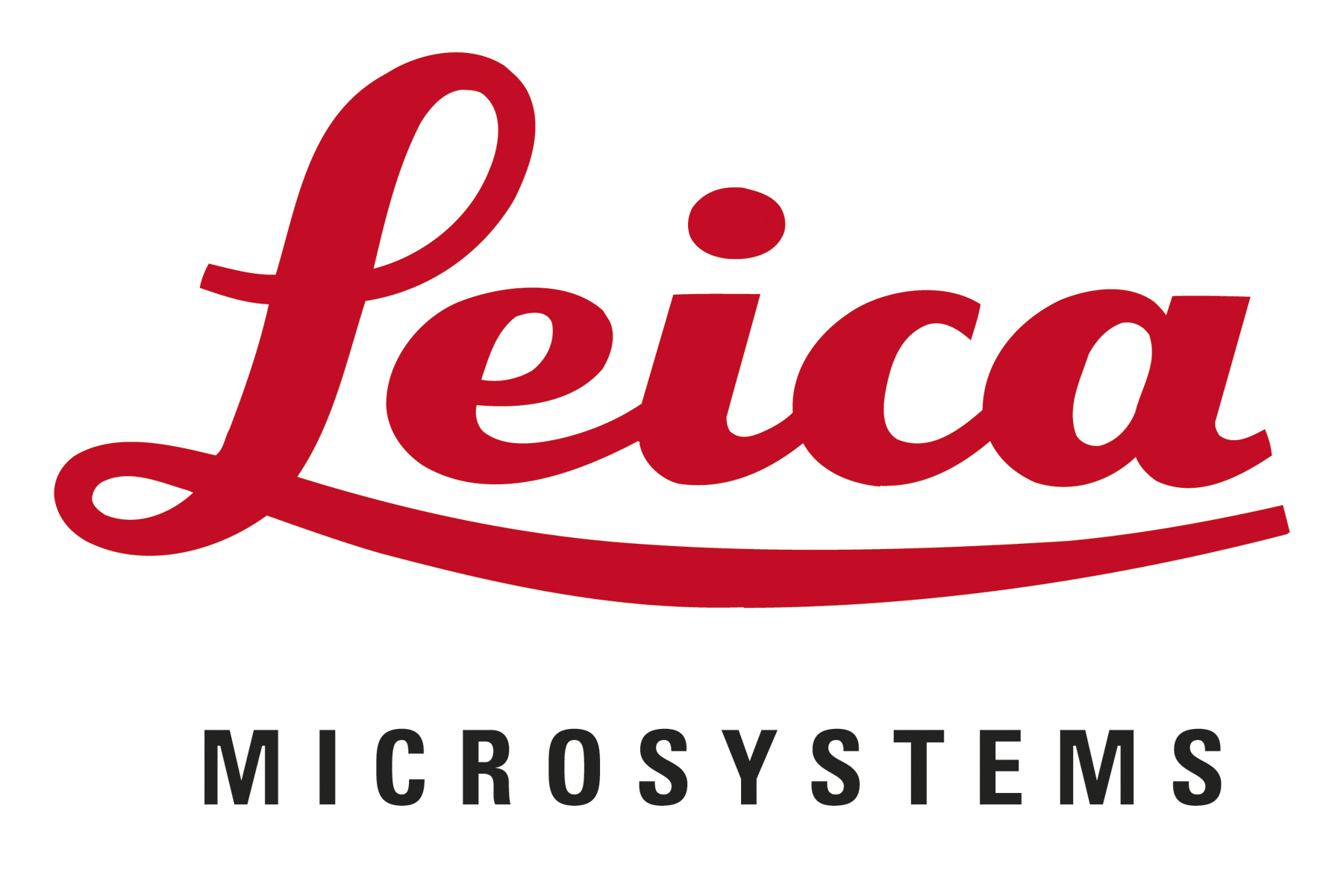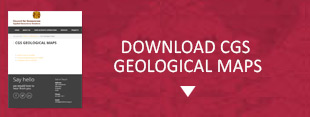
35TH INTERNATIONAL GEOLOGICAL CONGRESS
27 AUGUST - 4 SEPTEMBER 2016 | CAPE TOWN, SOUTH AFRICA
Sponsors
Keystone Sponsor


Diamond Sponsor


Gold Sponsor


Silver Sponsor








Business Centre Sponsor


Publication Sponsor




Social Function


Plenary Speaker Sponsor


Speaker Gift Sponsor


Post Graduate Fund


Registration


Welcome Drinks


Lunch Time Drinks


Publication &
35 IGC SAGPGF
35 IGC SAGPGF

35 IGC SAGPGF




MY IGC APP


Symposium Sponsor




Audit Sponsor


35TH INTERNATIONAL GEOLOGICAL CONGRESS
27 AUGUST - 4 SEPTEMBER 2016 | CAPE TOWN, SOUTH AFRICA
My IGC
Symposium Details
| Title | Description | Convenors |
|---|---|---|
| Place-based and culturally informed geoscience education | Geoscience is part of human culture. Cultural worldviews influence and contextualize the ways that we study and teach about the Earth system. We teach geoscience in and by means of localities that are also places imbued with intellectual meaning and emotional attachment through human experiences in them. Meaning and attachment constitute the sense of place, which encapsulates the human connection to natural and cultural landscapes and regions. Indigenous and long-resident groups hold rich senses of their homeland places. Their place-based systems of traditional knowledge include unique and intellectually significant ethnogeological observations and concepts. Place-based and culturally informed approaches to geoscience education are richly situated in specific places and regions, meaningfully integrate local knowledge and interests with broader geoscientific principles and methods, leverage the senses of place of students and teachers, and promote environmental and cultural sustainability. Place-based and culturally informed geoscience teaching, in formal or informal settings, offers unique potential for engaging Indigenous and other underserved students, while also appealing to more diverse groups of learners. The field of place-based and culturally informed geoscience education—including curriculum development, effective teaching, and authentic assessment—is still comparatively new and full of potential. This symposium is intended to feature examples of this locally situated pedagogy as it is practised around the globe. | Steven Semken |
 Field trips
Field trips  Sponsorship & expo
Sponsorship & expo  Registration
Registration Tours
Tours  Promotion
Promotion 














 Conference Programme
Conference Programme  Field trips
Field trips  Sponsorship & expo
Sponsorship & expo  Volunteer
Volunteer  GeoHost
GeoHost  Registration
Registration Tours
Tours  Promotion
Promotion  Publications
Publications









